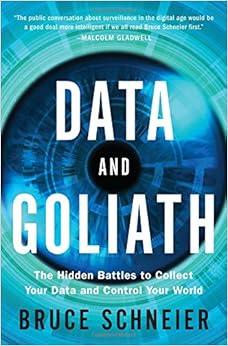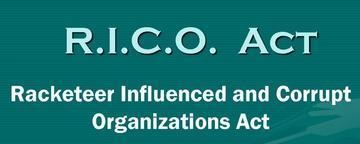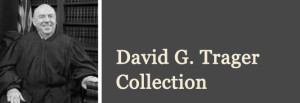 Several BLS librarians attended the annual meeting of the American Association of Law Libraries held in Philadelphia, PA, July 18-21, 2015. Hundreds of law librarians, working in law schools, law firms, and courts, attend this annual convention. While Philadelphia was hot and steamy, the programs were cool and enlightening, and the objective of attendance is always to bring back new perspectives for our work that will be useful for our constituencies, whether they are law school students and faculty, or law firm and court attorneys. One of the programs I attended was entitled: ” Get Schooled on Learning: Learning Outcomes and Assessment for Legal Research Instruction under New Standards 302, 314, and 315.”
Several BLS librarians attended the annual meeting of the American Association of Law Libraries held in Philadelphia, PA, July 18-21, 2015. Hundreds of law librarians, working in law schools, law firms, and courts, attend this annual convention. While Philadelphia was hot and steamy, the programs were cool and enlightening, and the objective of attendance is always to bring back new perspectives for our work that will be useful for our constituencies, whether they are law school students and faculty, or law firm and court attorneys. One of the programs I attended was entitled: ” Get Schooled on Learning: Learning Outcomes and Assessment for Legal Research Instruction under New Standards 302, 314, and 315.”
In August 2014, the American Bar Association’s House of Delegates concurred in the new Standards 302, 314, and 315, among others, proposed by the ABA’s Section on Legal Education and Admission to the Bar. These standards require schools to establish “learning outcomes” for measuring competency in several areas, including legal research. While learning outcomes have been used for many years in primary and secondary education, this is a new area of interest and concern by law schools.
The speakers, from several different law schools, gave a historical perspective on how education reform began in the 1980s in the K-12 programs with an interest in learning-centered education and assessment. The idea was that by focusing on student learning and measurement, improvement would be made in the students’ education.
Transferring this to the legal realm, the question became: Is student learning leading to successful attorneys? The goal of law school is to develop ethical, skilled, knowledgeable attorneys. In order to do this, the plan was to develop learning outcomes for the legal curriculum and then assess these outcomes; in other words, to measure what students had achieved.
Standard 302: States that a law school shall establish learning outcomes that provide competency in several enumerated areas.
Standard 314: States that a law school shall utilize both formative and summative methods in its curriculum to measure and improve student learning and provide meaningful feedback to students.
Standard 315: States that the dean and faculty of a law school shall conduct ongoing evaluation of the law school’s program of legal education, learning outcomes and assessment methods; and shall use the results to determine the degree of student attainment of competency and make appropriate changes to improve the curriculum.
Learning outcomes are the foundation of assessments and it is important that the learning outcomes produce skills and abilities that students can actually use in the practice of law.
Assessments are the measure of what students have achieved. There are two types of assessments: formative and summative. Formative assessments can be thought of as classroom discussions, electronic discussions, any kind of regular feedback that allows for frequent contact between student and instructor.
Summative assessments can be made through papers, exams, projects, etc. — long-term semester driven assessments that focus on the outcome of a program or course.
It was emphasized that law librarians should be involved in this transition to implement these new standards as instruction is provided to teach law students competency in legal research, whether the courses are in first year legal research and writing, advanced legal research, or specialized legal research courses. I found this to be a very enlightening and useful presentation.


 Attention all students! Remember to return your library books on or before Tuesday, December 22, 2015. It is the due date for all semester loans. If you do not turn in your books on or before December 22, you will incur fines. If you are unsure whether or not you have items checked out to you or if you have incurred any fines, you can log into your library account from the
Attention all students! Remember to return your library books on or before Tuesday, December 22, 2015. It is the due date for all semester loans. If you do not turn in your books on or before December 22, you will incur fines. If you are unsure whether or not you have items checked out to you or if you have incurred any fines, you can log into your library account from the  The Brooklyn Law School Library has long provided access to Bloomberg Law to the law school community. BLS users now have access to a new legal intelligence platform: the Privacy & Data Security through the Practice Centers tab where users can click on Intellectual Property. At the top left corner of the page is a purple banner that reads “Looking for
The Brooklyn Law School Library has long provided access to Bloomberg Law to the law school community. BLS users now have access to a new legal intelligence platform: the Privacy & Data Security through the Practice Centers tab where users can click on Intellectual Property. At the top left corner of the page is a purple banner that reads “Looking for  The BLS Library has many titles in its collection on the subject of data security. One of the latest is
The BLS Library has many titles in its collection on the subject of data security. One of the latest is 



